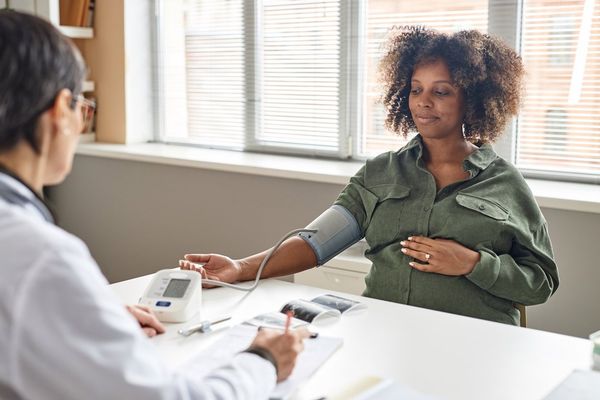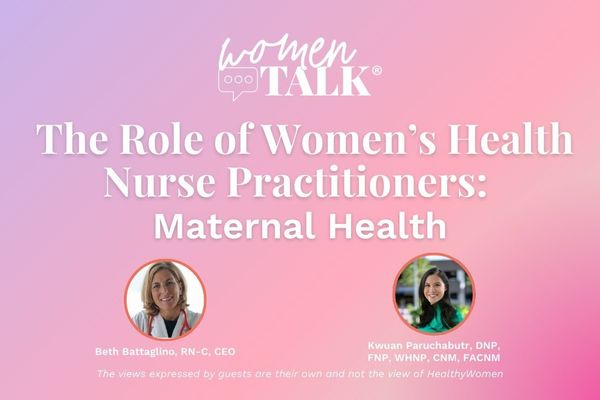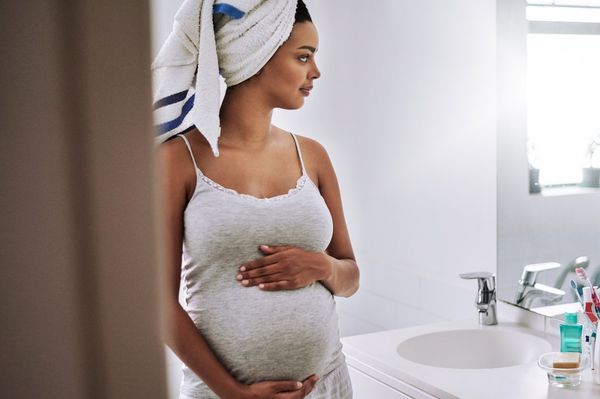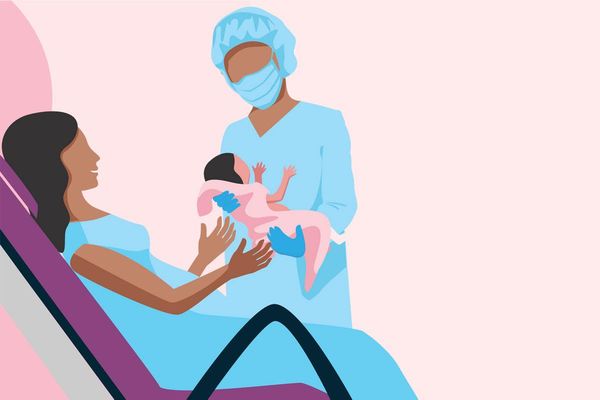Healthy eating during pregnancy isn't about weight loss; it's about maintaining a diet to meet the demands of your changing body and growing baby. Table for two please!
Heading to the food store? Want a cheat sheet? Here is the short list of must-have dietary items for pregnancy, all containing a combination of protein, calcium and iron:
Broccoli
Chickpeas/hummus
Dark, leafy greens (spinach, kale)
Figs and raisins
Nuts and nut butters (almonds, peanuts)
Salmon
Tofu
Have a bit more time? Let's talk about the five key nutrients that expectant moms need for a healthy pregnancy.
Calcium: This nutrient builds strong teeth and bones and helps to maintain regular circulation, muscle action and nerve function. Dairy products, such as yogurt, cheese and milk, are well-known for calcium, but they're not the only options. Also try green leafy vegetables, nuts and soy products.
Add to your shopping list: Cheese, yogurt, kale, collard greens, broccoli, spinach, baked beans, almonds, raisins, leeks, canned salmon with bones, tofu
Complex Carbohydrates: Looking for more energy? During digestion, complex carbs, which contain fiber and starch, are converted slowly into sugar and can provide a source of energy for several hours. Alternatively, simple carbs, which are primarily sugar (think white rice and bread) and are converted very rapidly, flooding the blood with sugar for a burst of energy that doesn't last very long and leaves you hungrier and with more cravings (like you need more of those during pregnancy).
Add to your shopping list: Multigrain, whole-wheat, rye or pumpernickel breads; whole-grain or brown rice pasta; brown rice
Fats: Healthy fats include primarily monounsaturated fats and omega-3 essential fatty acids. These fats help to keep maternal and fetal cells pliable, making it easier for them to transmit and receive information. Omega-3s, contained in salmon and other oily fish and algae, contain DHA, which is especially important for your baby's brain growth and eye development.
Add to your shopping list: Salmon, nuts, seeds, avocados, olive oil, canola oil, olives
Protein: The amino acids in proteins are the building blocks for everything from the body's brain cells to muscle mass. During pregnancy, you need about 60 to 80 grams of protein a day. Pairing a complex carb with protein can keep you satiated for longer, too. Try whole-grain bread with peanut or almond butter, hummus on whole-wheat pita or brown rice and beans.
Add to your shopping list: Beans (try pinto, black or lentils), lean meats, fish (try cod, flounder or salmon), nuts, seeds, cottage cheese, eggs, tofu
Iron: This important mineral allows blood to carry oxygen throughout the body. A woman generally needs double her normal amount of iron during pregnancy since blood volume nearly doubles by the end of pregnancy. Also, your baby is producing her own red blood cells now, too. Extra iron also supports women with any blood loss experienced during labor. Your health care provider also may suggest an iron supplement.
Add to your shopping list: Chicken, lean red meats, beans, quinoa, eggs, artichokes, almonds, dried fruit.
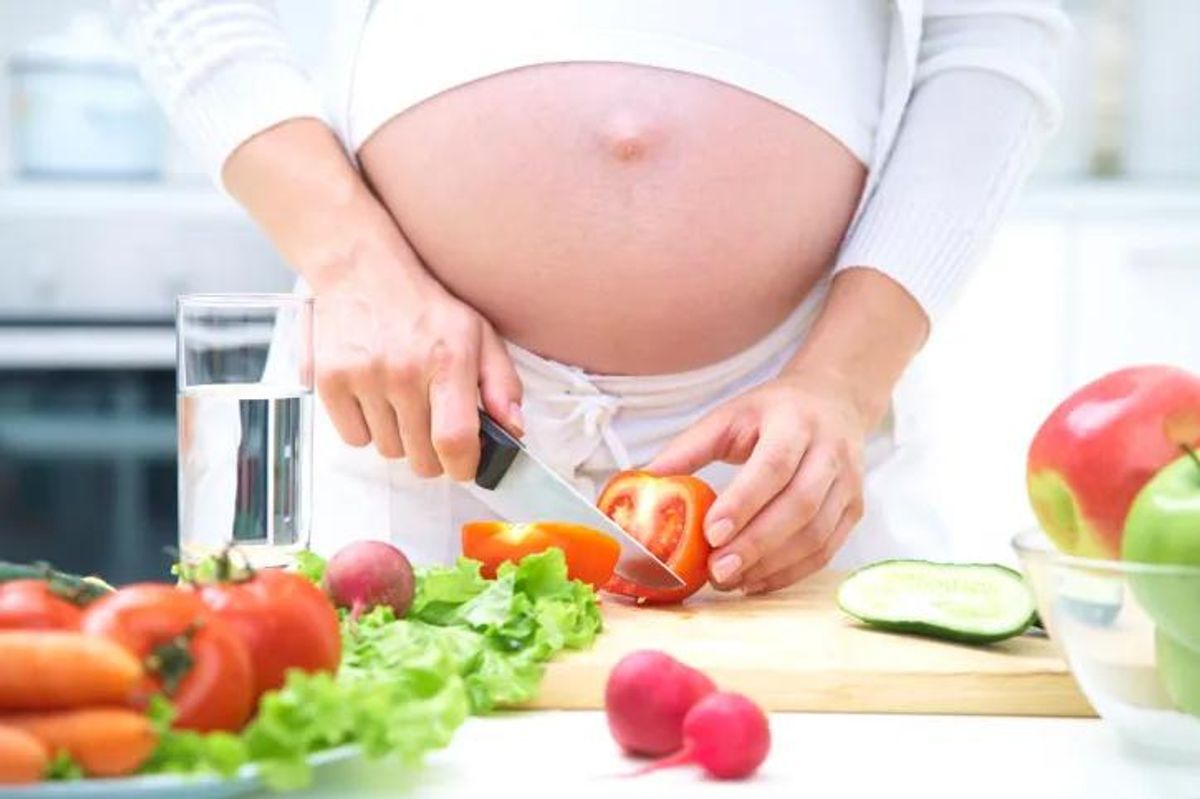
Foods That Should Be on Every Pregnant Woman's Shopping List
Oct 05, 2012
Apr 25, 2022
Nutrition & Movement

